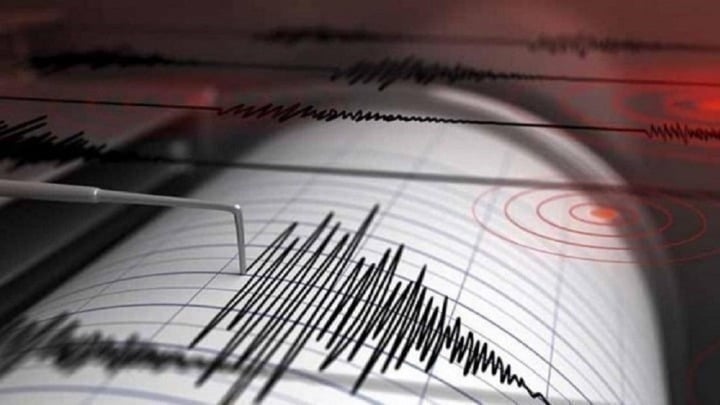Ferry companies warn of route stops in fall
Ferry operators are sounding a warning bell that falling passenger flows and rising fuel costs may force them to suspend services to many of Greece’s islands come September.

Ferry operators are sounding a warning bell that falling passenger flows and rising fuel costs may force them to suspend services to many of Greece’s islands come September.
Ferry operators are sounding a warning bell that falling passenger flows and rising fuel costs may force them to suspend services to many of Greece’s islands come September.
Industry officials note that the cost of fuel has risen by 56.8 percent and 63 percent for conventional and high-speed vessels respectively in the last two years. They also project a 10 percent drop in business in 2012, on top of a 15 percent decline in 2011.
The cost of a ton of diesel fuel used by conventional boats currently stands at 594 euros, compared to 480 euros a year ago and 380 euros two years ago. Fuel for high-speed vessels is much more expensive, now standing at 783 euros per ton, compared to 675 euros in 2011 and 480 euros in 2010.
“With the steep rise in the price of fuels and their cost representing 55-60 percent of a ship’s daily operating expenses, the future of ferry operators is not rosy. I fear that without help from the government, with changes in regulations that would reduce other costs such as that of labor, ferries in the Aegean Sea will be very few as of this autumn and will not be enough to cover the country’s elementary public transport requirements,” said a source from the association of ferry operators (SEEN).
He pointed out that the operating cost of a vessel serving the Cycladic islands is expected to rise by 2 million euros this year because of the hike in fuel prices, and that this would require a 16.7 percent rise in vehicles carried and 100,000 more passengers to be offset. Similarly, an operator on the Piraeus-Crete line would need 110,000 more passengers and a 37.7 percent rise in business to offset the 2.6 billion euros in higher fuel costs.
“One option in order to make up for the losses resulting from high fuel prices is to increase fares. But whenever we have done it, as to Myconos, Samos or Icaria we have seen a drop in business,” the source said.
As a result, operators are opting for other solutions, such as reducing the speed of conventional vessels, or the number of journeys per week, or merging routes between them.
“For a journey to be profitable, the vessel must operate at least at 70 percent capacity, but this is now the case only in summer and certain holiday periods,” according to the source.
Ekathimerini.com
ολες οι ειδησεις
- Reuters: Εκτόξευση για την ελληνική οικονομία το 2024 – Οι οικονομικοί δείκτες που προμηνύουν την ανάπτυξη
- Νίσυρος: Η ανακοίνωση του αρχηγείου ΕΛ.ΑΣ. για την παρενόχληση εις βάρος ανηλίκου
- World Press Photo: Πρώτο βραβείο στην φωτογραφία της Παλαιστίνιας που κρατά το σαβανωμένο σώμα της ανιψιάς της
- Πένθος για τον Αταμάν – Τα συλλυπητήρια της ΚΑΕ Παναθηναϊκός
Ακολουθήστε το Newpost.gr στο Google News και μάθετε πρώτοι όλες τις ειδήσεις
Δείτε όλες τις τελευταίες Ειδήσεις από την Ελλάδα και τον Κόσμο, στο Newpost.gr








